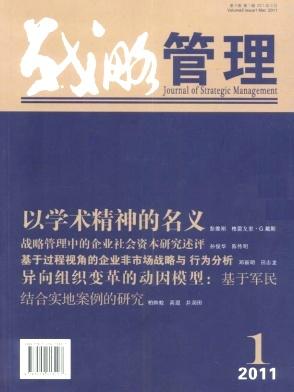Preparing For the Worst: Rising Food Prices in Serbia
引用次数: 0
Abstract
The COVID-19 pandemic, adverse climate factors, disruptions in global supply chains, global conflicts, and disruptions in the monetary policy of leading banks are contributing to the rapid rise in global food prices. Serbia has not remained immune to global circumstances. There has been a significant increase in consumer and producer prices in the last two years. Although the Serbian government has introduced a price ceiling on basic foodstuffs, including milk, flour, pork, sugar, and sunflower oil, poor households are already affected by the inflation rate. The highest annual inflation rate in more than eight years, 6.6 percent in October 2021 and 8.2 percent in January 2022, has significantly reduced disposable income. This paper provides examples of appropriate measures that need to be taken to mitigate any such unintended consequences. From a policy perspective, there is an apparent need for (a) continued supply chain monitoring, (b) information provision, (c) agriculture and food support measures, and (d) filling commodity reserves.为最坏的情况做准备:塞尔维亚食品价格上涨
2019冠状病毒病大流行、不利的气候因素、全球供应链中断、全球冲突以及主要银行货币政策中断,都是导致全球粮食价格快速上涨的原因。塞尔维亚也未能不受全球环境的影响。在过去两年中,消费者价格和生产者价格有了显著的增长。尽管塞尔维亚政府对牛奶、面粉、猪肉、糖和葵花籽油等基本食品设定了价格上限,但贫困家庭已经受到通货膨胀率的影响。2021年10月6.6%、2022年1月8.2%的年通货膨胀率是8年多来最高的,这大大减少了可支配收入。本文提供了需要采取的适当措施的例子,以减轻任何此类意外后果。从政策角度来看,显然需要(a)继续监测供应链,(b)提供信息,(c)农业和粮食支持措施,以及(d)填补商品储备。
本文章由计算机程序翻译,如有差异,请以英文原文为准。
求助全文
约1分钟内获得全文
求助全文

 求助内容:
求助内容: 应助结果提醒方式:
应助结果提醒方式:


